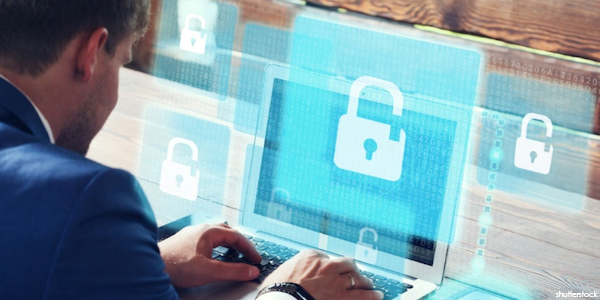How to Protect Your Business From Cyber Threats
 Every business must take the necessary steps to protect their digital assets. Over the past decade, the internet has introduced tremendous opportunities to reach a wider audience and engage with more customers than ever before. As Blogger Outreach Services Provider advances, the threats become more prevalent. The benefits of doing business online are coupled with unique challenges that don’t exist in your physical location. Whether you have implemented e-commerce, customer relationship management, automation or any Conversational AI Software Solutions, proactive measures are required to thwart hacking attempts and other online threats.
Every business must take the necessary steps to protect their digital assets. Over the past decade, the internet has introduced tremendous opportunities to reach a wider audience and engage with more customers than ever before. As Blogger Outreach Services Provider advances, the threats become more prevalent. The benefits of doing business online are coupled with unique challenges that don’t exist in your physical location. Whether you have implemented e-commerce, customer relationship management, automation or any Conversational AI Software Solutions, proactive measures are required to thwart hacking attempts and other online threats.
There are a long list of security risks and scams that occur online every day of the year, and the cost of a successful attack can be high. Vulnerabilities and lack of proper cyber security could essentially create a financial burden because it could damage the reputation of your business. This is something that has happened many times when customer information has been compromised because the proper processes, protocols and tools were not implemented by popular retailers. It can become a PR nightmare. Although there might always be a level of risk, the goal is to minimize that risk as much as possible.
Every company should have a robust cyber security program. One of the elements of that program should be processes and standard operating procedures for regularly backing up data, including the website, customer information, financial records, intellectual property and all other digital assets. The data should be backed up and stored properly in a secure location. It’s best if the backup is store off of the premises. The purpose of backing up data is to mitigate the damage if a breach occurs or there is a technical glitch that requires you to restore the system. Your cyber security program should contain the backup schedule, which should occur like clockwork. This is one of the most affordable ways to provide security and peace of mind.
It’s imperative to secure all of your desktop computers and mobile devices in order to protect them from viruses or malware that can infect them. By installing security software onto all of your devices, you can mitigate the problem and significantly reduce the risk. Commonly used security software includes anti-spyware, anti-spam filters and anti-virus. However, it’s just as important to make sure all updates are made when there are security upgrades, which often occurs as a result of recent attacks. You can also establish a firewall to prevent any unauthorized users from entering your internal network.
Most people who use technology have come to understand the importance of choosing strong passwords in order to improve online security. It’s far to easy for intruders to figure out passwords that are commonly used. It’s also important to change your password frequently – about every few months. If you’re in the habit of using the same password to access all of your accounts, then you’re asking for trouble. It’s commonplace now for companies to use a password manager to boost security in this area. It’s a good idea to provide all employees with training on cyber security along with tips for how they can stay safe online.



